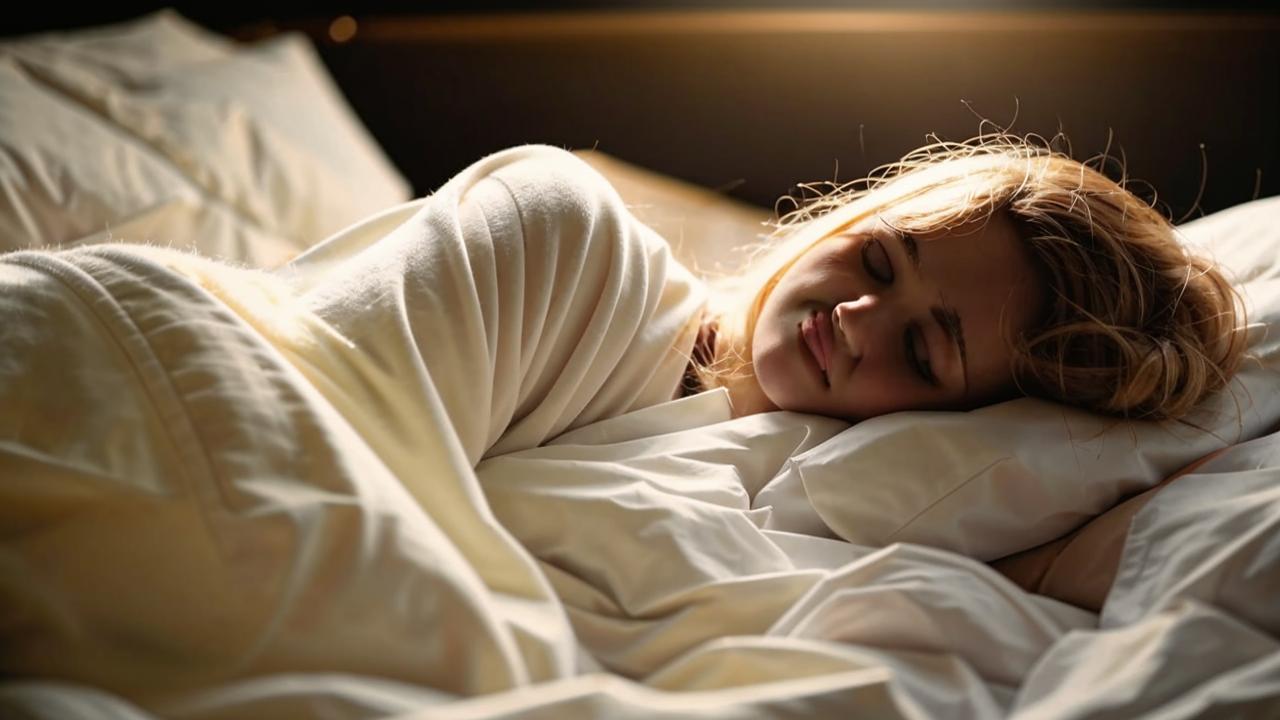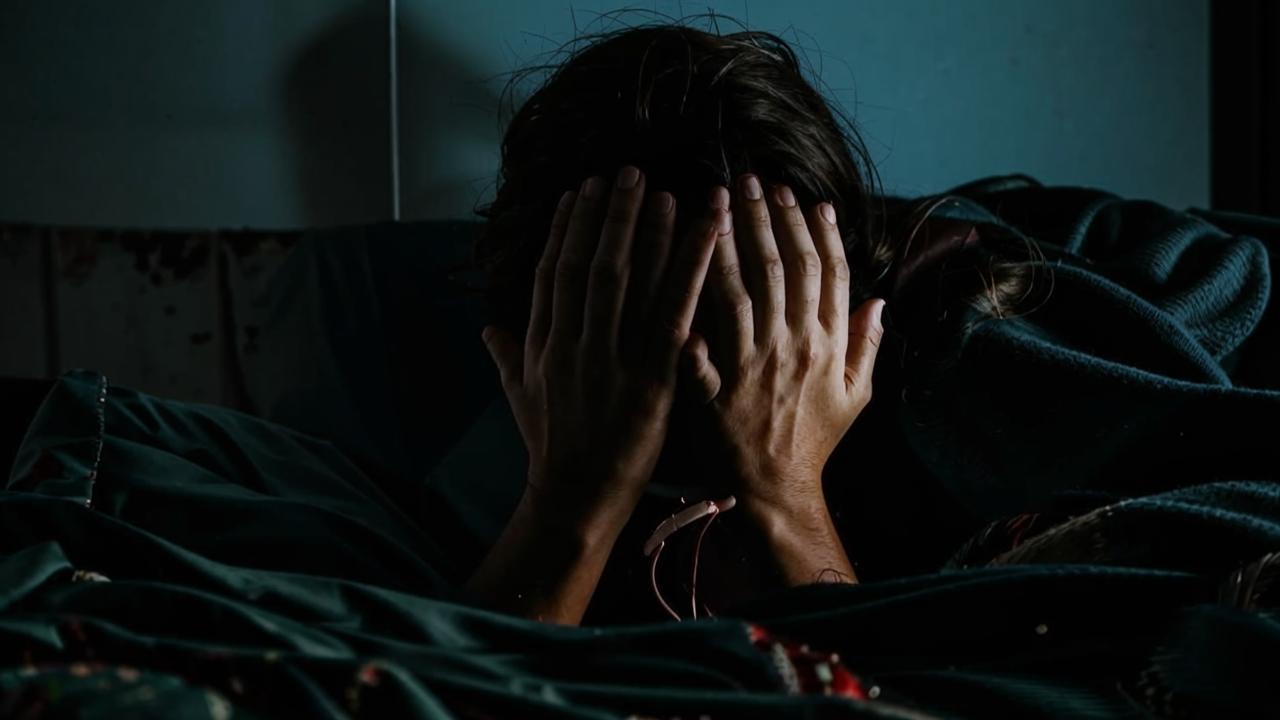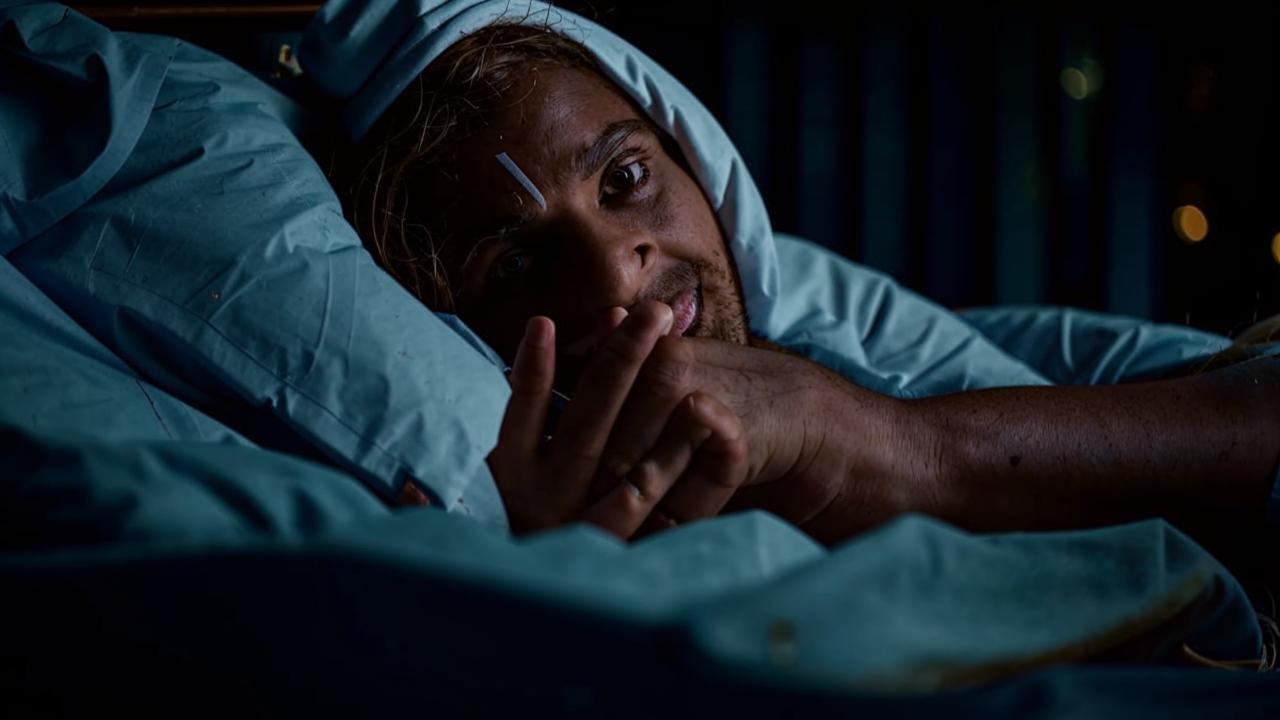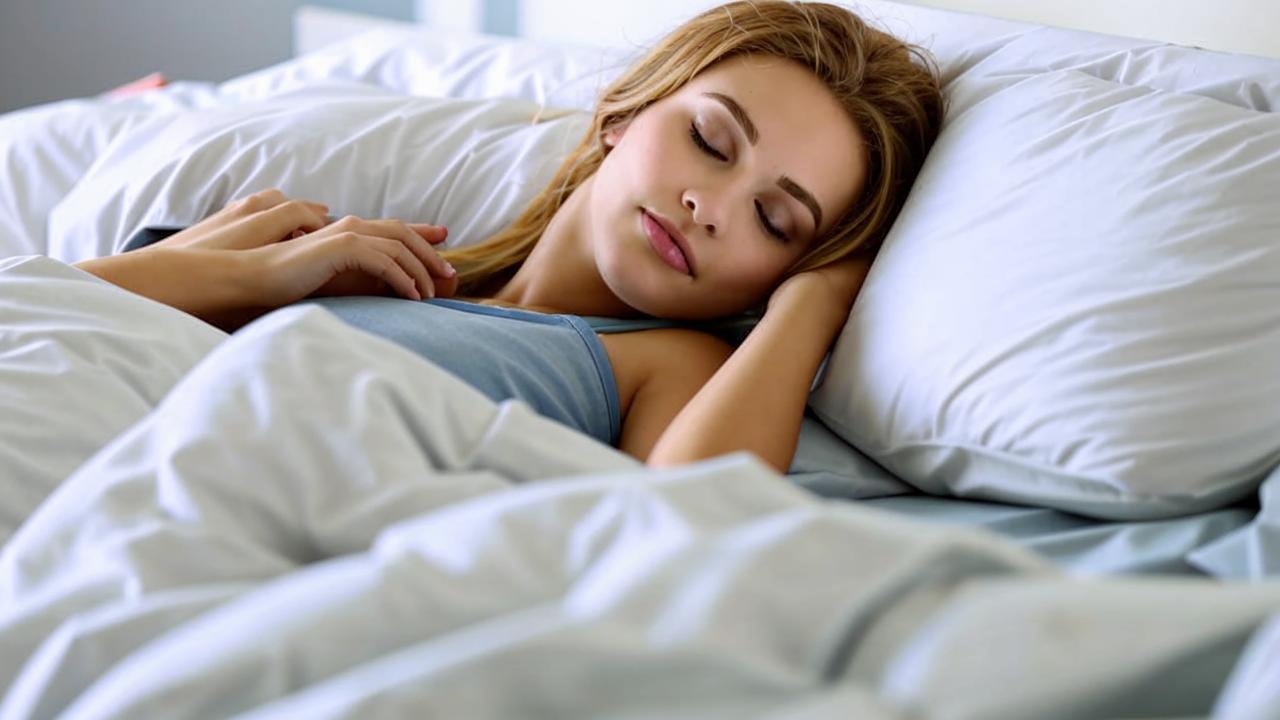
President of the Russian Society of Sleep Medicine, Honored Doctor of the Russian Federation, Professor, Doctor of Medical Sciences
“I will answer popular questions about sleep.
What does our brain do while we sleep?
Sleep appears to be a state of absolute rest, but in fact it is a very dynamic process. During a night’s rest, under the control of the brain, processes of recovery and preparation for the next day take place.
In sleep:
- the entire body is scanned for damage and disturbances;
- tissue repair processes are active;
- energy sources are replenished;
- the brain is cleansed of metabolites;
- important hormones are secreted;
- important knowledge and skills are consolidated;
- “unwanted memories are discarded;
- new neural connections are formed;
- immunity is stimulated.

Why do dreams and what happens to us at this moment?
A person sees dreams during the so-called fast stage, which takes 20-25% of the entire sleep time. It is “responsible” for memory consolidation (transferring memories from short-term to long-term memory). As the brain works with the information received during the day, there is a kind of “side effect” – dreams. These are images or entire stories that we can remember after we finish sleeping.
Is it really necessary to go to bed before 11:00 p.m.?
This is one of the most common myths about sleep! The optimal bedtime depends on which chronotype a person belongs to. Thus, among people there are “owls” (they tend to go to bed late and get up late), “larks” (early to bed and early to rise) and “pigeons” (intermediate type).
Sleep mode, when a person goes to bed early enough, suits “larks” and sometimes representatives of the intermediate type, but “owls” will get from it only damage. After all, if a person with a late chronotype will lie down at an unusually early time, he will not fall asleep at all: will toss and turn, chase thoughts, angry that it does not work to sleep. Meanwhile, staying in bed without sleep can be formed into a conditioned reflex “bed = insomnia”. The result can be a full-blown nighttime rest disorder.
Is sleep disturbance always a symptom of a mental disorder such as depression? What are the causes of insomnia?
The view of depression as a cause of insomnia was common in the past. However, by now it has been proven that this condition has more than 100 causes. The most common one is stress.
Insomnia can also be caused by a number of physical problems: lack of vitamins and trace elements, thyroid disease with impaired secretion of its hormones, severe diabetes mellitus, adrenal and central nervous system diseases, taking certain medications.

Lifestyle also greatly affects sleep: insufficient physical activity, excessive caffeine consumption, irregular regimen, overload of work or study can significantly disrupt it. Among the mental disorders that cause insomnia, we can name not only depression, but also anxiety disorders, psychotic disorders, alcoholism.
How to determine insomnia?
A person has insomnia if he has time and opportunity for sleep, but there is no normal night’s rest at the same time. To diagnose insomnia, it is enough to meet at least one of the following criteria:
- falling asleep for 30 minutes or more;
- nocturnal awakenings (any number) with a total duration of wakefulness in the middle of the night of 30 minutes or more;
- early morning awakenings without subsequent falling asleep for at least 30 minutes before the alarm clock rings (or more).

As a consequence of nocturnal symptoms, irritability, brokenness, and performance problems may be noted during the day.
Acute insomnia can last from one day to three months, while chronic insomnia can last three months or more, provided the person has at least three bad nights a week.
Is it safe to take sleeping pills and do folk methods work: chamomile, motherwort or valerian before bedtime?
Herbal sedatives are not sleeping pills, they simply have a calming effect, which when nervous tension can have a positive effect on sleep. In general, they are safe, so they are available in the pharmacy without a prescription. Unfortunately, not all people feel their effect: it is quite weak.
As for sleeping pills, these are quite different means. They can be taken only on the prescription of a doctor. They are capable of causing addiction (increase in the dosage necessary for the effect) and drug dependence.
Is it true that counting sheep is useless? What other methods will help you fall asleep quickly?
That’s right, useless. After all, a person can keep a consistent count, and meanwhile – worry about something or worry about not falling asleep. You can use other approaches to help you fall asleep quickly. For example, in the context of the same counting you can offer the exercise “1000 minus 13”. We subtract 13 from a thousand. We get a number. From it we subtract another 13. And from the next one, and so on.
The principle here is that such intellectual work does not give you the opportunity to distract yourself with disturbing thoughts. In addition, it is very boring and monotonous, so that the brain quickly gets tired and falls asleep.

What innovative treatments for insomnia and other sleep disorders are in development or already in use?
Since 2017, the standards of treatment for chronic insomnia have changed globally. While previously the treatment of insomnia was mainly medication-driven, modern approaches have proven the opposite: cognitive-behavioral therapy has been recognized as the most effective method of restoring sleep worldwide.
In most cases, even long-term insomnia is reversible. It is often based on self-maintenance mechanisms: increased focus on sleep, fear of not falling asleep, restless thoughts, “wrong” behavior (desire to sleep more at all costs, prolonged stay in bed without sleep, tossing between different methods of treatment, and so on). If these mechanisms are corrected, sleep is restored.
Cognitive Behavioral Therapy of Insomnia (CBIT) is used for this purpose. Its structure includes sleep restriction techniques, relaxation techniques, normalization of lifestyle, work with thinking and so on. CPTB is the most effective method among all existing methods, it gives results in 80% of cases.
What is the danger of chronic sleep deprivation?
Sleep is an indispensable physiological need. Even if we have not slept enough for one night, it is already felt: loss of energy, irritability, poor health. When a person does not sleep for months and years, it is already a serious threat to his mental and physical health.

This threat is an increased risk of:
- anxiety disorders;
- depression;
- cardiovascular disease: hypertension, atherosclerosis, coronary heart disease;
- strokes, heart attacks;
- diabetes mellitus.
Is it true that “owls” are more difficult than “larks”?
“Owls” is more difficult than “larks” if they are deprived of the opportunity to build a regime according to their chronotype, that is, they have to get up early. If the “owl” for a long time lives in the “lark” mode, it increases the likelihood of diabetes, depression, substance use. In addition, it is simply unpleasant: it is difficult to drag oneself out of bed every day and spend half a day on “rocking out”.





